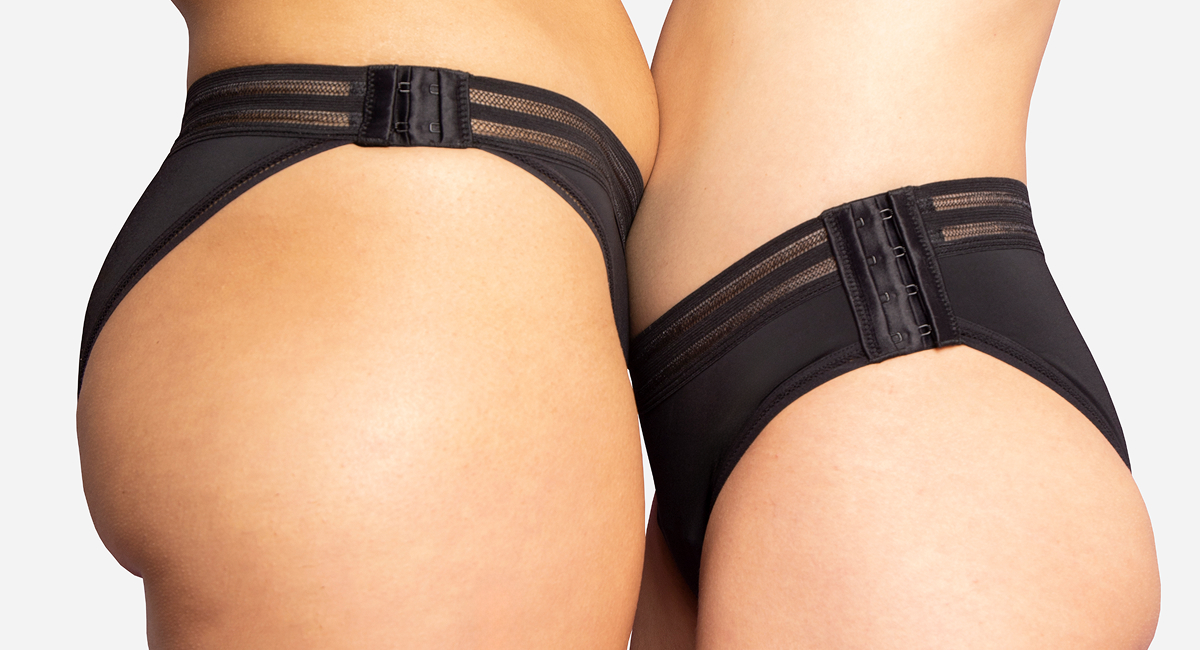
- Receive a free gift with orders over €30
- Customers rate us an average of 4.6 / 5 (882 reviews)

An intense period can have a major impact on your daily life. Maybe you recognize it: every month you are exhausted, you constantly have to go to the bathroom to change your pads, cup or tampon, and you plan your week around your period. For many women, this is the reality of a heavy period. But when is heavy bleeding still within the bounds of “normal,” and when is it time to sound the alarm? In this blog, you’ll discover exactly what heavy menstruation is, what to look out for and what possible causes are. You’ll also gain insight into what you can do yourself and how Beppy can help support your menstrual period.
Menstruation is different for every woman. However, there are clear signs that may indicate that your period is heavier than average. Think of blood loss that is so much that you have to change your menstrual product every hour. Or clots larger than a coin. But it’s not just in the amount of blood. You can also tell a heavy period by its duration: if you keep bleeding for more than a week or your period starts shortly after the previous one, it’s good to pay attention.
Having a heavy period is not only inconvenient, but it can also affect your long-term health. Anemia is more common than you think and can manifest as fatigue, pallor or shortness of breath. In addition, hormonal imbalance, conditions such as endometriosis or fibroids, and even certain contraceptive methods can be the cause of heavy bleeding.
Notice that your symptoms are getting worse or your cycle is changing? If so, don’t wait too long and contact your doctor or gynecologist.
Heavy menstruation sometimes requires medical attention, but you can also do a lot yourself to relieve symptoms and feel better. The following steps will help you get a better grip on your cycle and your daily life:
These steps can help you gain more control over a heavy menstrual cycle. They will help you to stop living around your cycle and to deal with it in a healthy way.
Do you have any questions about our products? Then feel free to contact us! We are happy to help you.

Get the latest news on menstrual freedom straight to your inbox!
HQ Beppy, Netherlands
Signalman 1-3
3034 KH Rotterdam
[email protected]
+31 (0)10 467 65 73 (9.00 – 17.00)
Chamber of Commerce: 24123466
Beppy, Belgium
9A Countess Elisabethlaan, P.O. Box 77
2320 Hoogstraten
[email protected]
+32 (0)78 158 349 (9.00 – 17.00)





